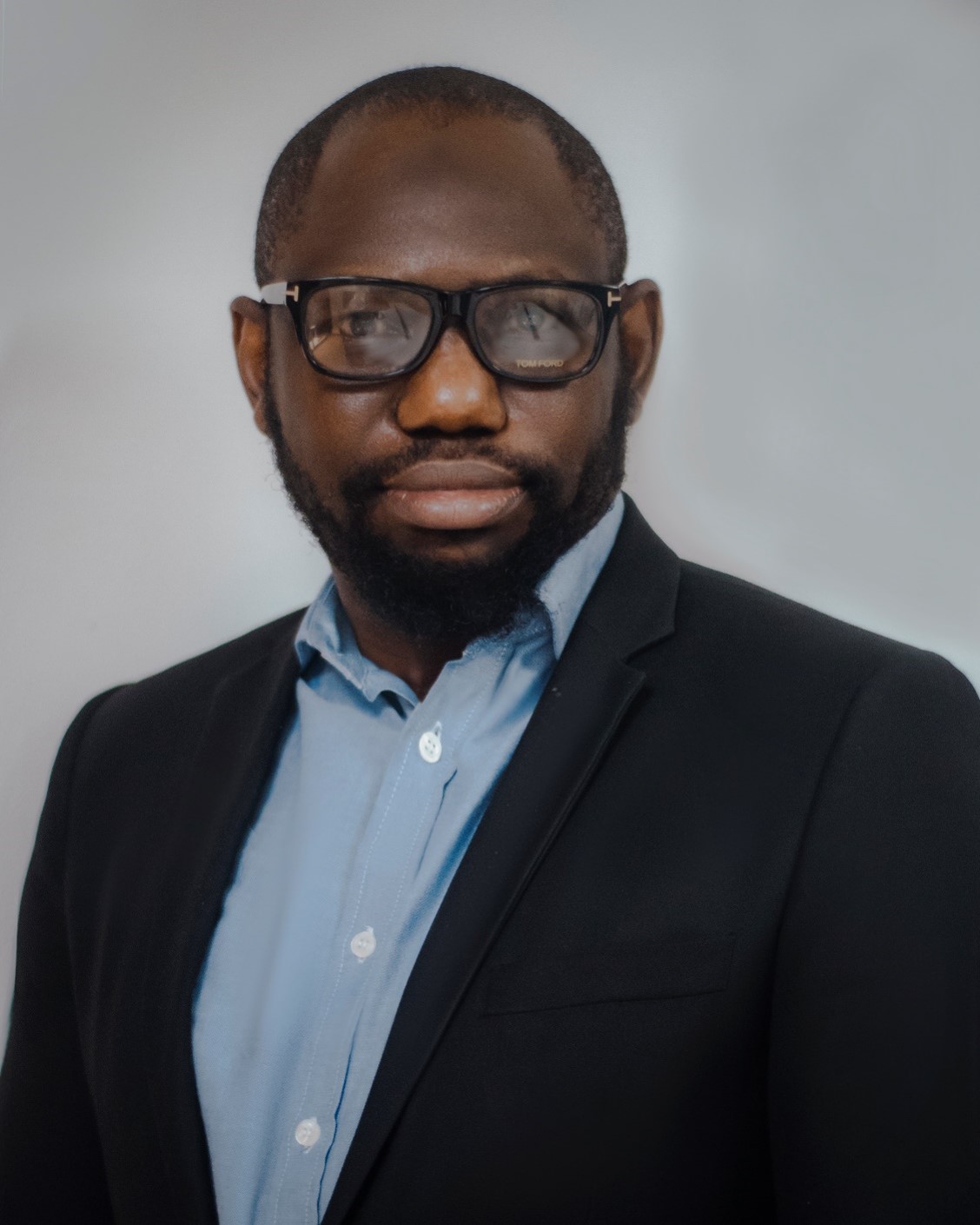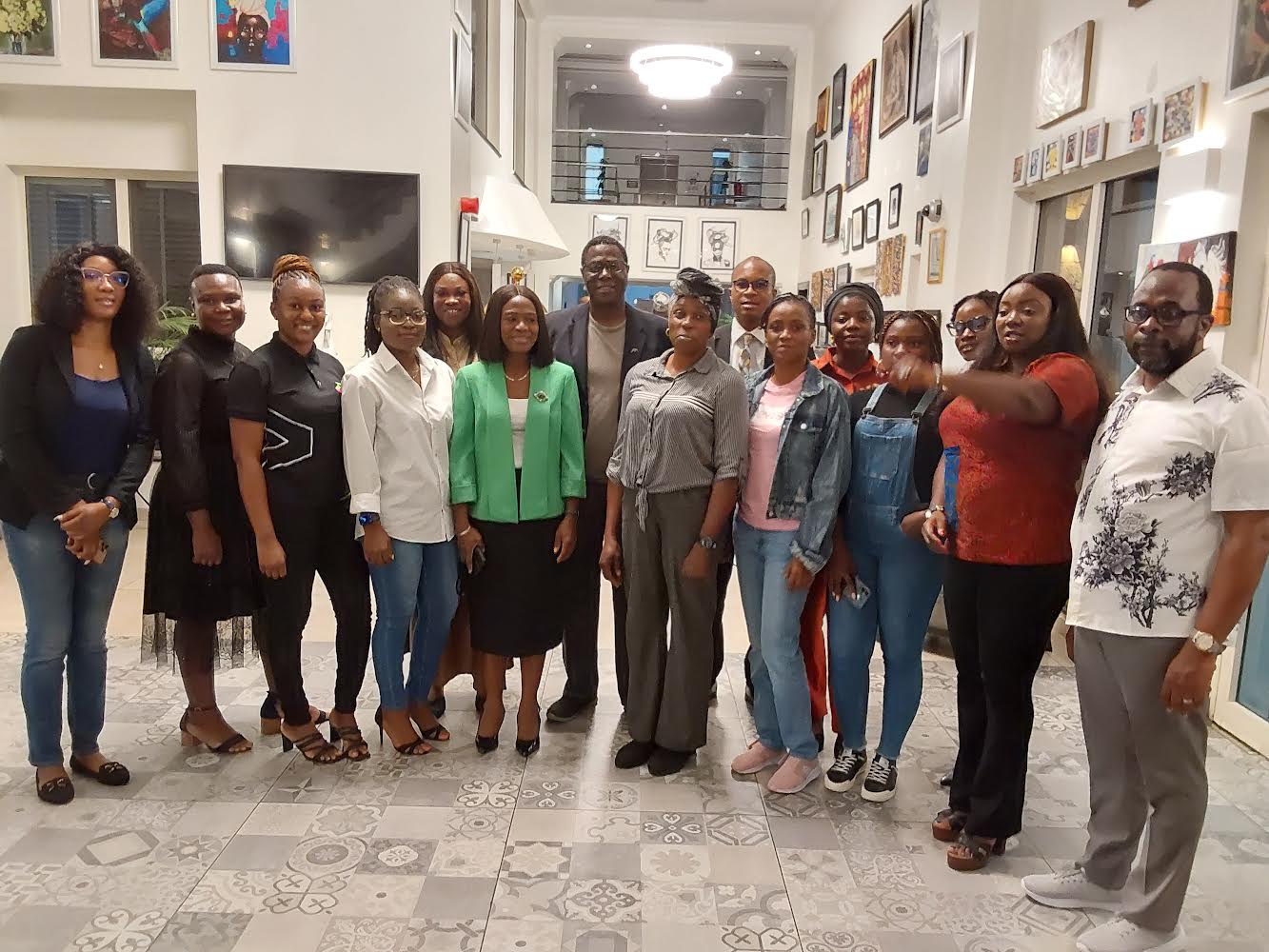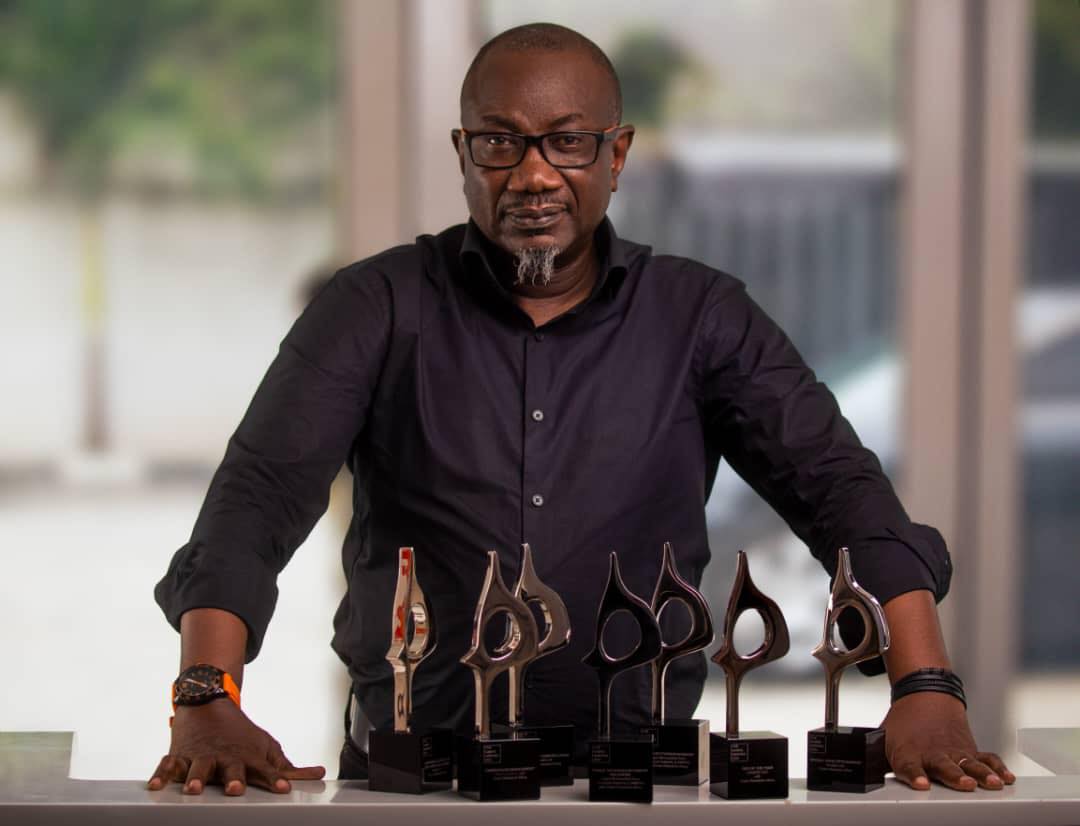Last year, Google announced plans to open a new AI lab in Africa. Now, Google AI Accra is open for business, and the team there is working on building AI-powered solutions to real-world problems, including helping communities in Africa and beyond to improve their lives.
Google uses Machine Learning (ML) and AI in all of its products and AI and ML are used every day by people across the world, many of who don’t even realise they’re using it. Machine learning is used for everything from filtering out the spam in your email to powering the Google Assistant on your smart speaker, from taking the perfect low-light photos on the Pixel 3 to helping the world speak the same language through Google Translate.
Google recognises that it’s important for everyone that emerging technology is socially beneficial and upholds the highest standards of scientific excellence. Based on its seven guiding principles for ethical use of AI and ML, Google is taking a thoughtful approach to help nurture an emerging technology, which is outlined in depth here.
Google’s AI Centre was opened in Ghana because in order to build technology that benefits people everywhere, it needs to be built by people with a diverse range of backgrounds, experiences and viewpoints. The researchers of Google AI centre in Accra bring a fresh perspective and expertise to build new technologies in Africa that can contribute positively to life here, as well as around the globe.
Google AI Accra forms part of the company’s structured efforts to explore and integrate more diverse experiences / learnings beyond present-day centres of innovation. ‘AI by Africa, for the world’ helps us highlight the crucial role that this new centre will be playing in our vision of using AI to solve problems for everyone, in every part of the world.
A strong focus areas for Google is how AI and ML can be used for social good. We already see how machine learning is improving people’s lives, from protecting us all from spam and fraud to making devices more accessible via speech. Working with partners from such diverse fields as medicine, transportation, environmental groups and small businesses can help to evolve AI and ML tools to meet real-world challenges. This is why Google shares its machine learning tools, so that organisations outside of Google can benefit.
Google’s AI for Social Good program includes projects such as:
Flood prediction: Floods affect up to 250 million people, causing thousands of fatalities and inflicting billions of dollars of economic damage every year. Google has developed a system that combines physics-based modeling with AI to produce earlier and more precise flood warnings.
Earthquake aftershocks: existing predictors are little better than chance. So we partnered with Harvard researchers to apply AI to seismic data, and created a model that — while far from fully accurate — can now do a much better job than previous models of predicting where aftershocks will occur.
Environmental protection: 6 out of the 13 great whale species are still endangered; even recovering species like humpbacks get entangled in fishing gear and hit by ships. The first step is to know where the whales are. So we’re working with the National Oceanic and Atmospheric Administration — we trained an AI model with over 100,000 hours of underwater audio from 12 different sites in the Pacific, and we can now not only find whale calls, but identify which species is making them.
Healthcare and biology:
We developed an algorithm to predict heart attacks and strokes simply from images of the retina — no needle or blood draw required!
Google researchers have helped doctors detect the spread of breast cancer tumors — the doctors and machine learning system are better working together than either is alone.
Environment, agriculture, and natural science:
Researchers at Makerere University used TensorFlow to help farmers identify disease in the cassava plant, a major food source in the developing world.
A dairy farm in Waynesboro, Georgia is using TensorFlow to keep cows healthier and more productive, similar to the project in the Netherlands.
Protecting rainforests: Students in Los Angeles schools helped build ‘guardian’ devices that use TensorFlow to listen for chainsaws in rainforests in Brazil.







Comment
No comments found.